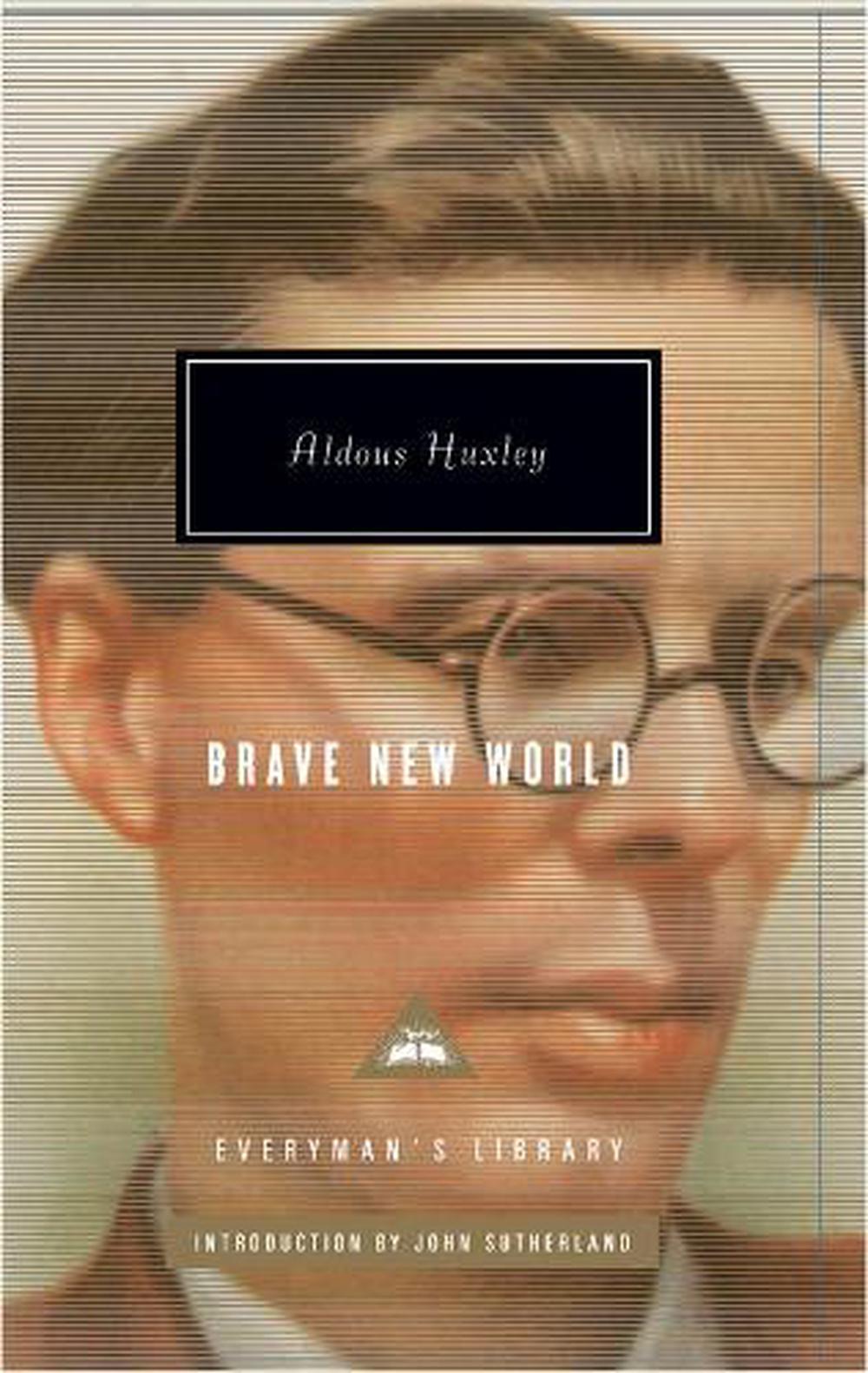

McDonnell, J.R.: Genetic programming exploratory power and the discovery of functions (1995) Mathews, G.: Happiness, culture, and context.

Lecakes Jr, G.D.: The matrix revisited: A critical assessment of virtual reality technologies for modeling, simulation, and training. In: Proceedings of the 13th Annual Conference on Genetic and Evolutionary Computation, pp. Jackson, D.: Mutation as a diversity enhancing mechanism in genetic programming. (eds.) Applications of Evolutionary Computation, pp. In: Di Chio, C., Agapitos, A., Cagnoni, S., Cotta, C., de Vega, F.F., Di Caro, G.A., Drechsler, R., Ekárt, A., Esparcia-Alcázar, A.I., Farooq, M., Langdon, W.B., Merelo-Guervós, J.J., Preuss, M., Richter, H., Silva, S., Simões, A., Squillero, G., Tarantino, E., Tettamanzi, A.G.B., Togelius, J., Urquhart, N., Uyar, A.Ş, Yannakakis, G.N. García-Sánchez, P., Eiben, A.E., Haasdijk, E., Weel, B., Merelo-Guervós, J.J.: Testing diversity-enhancing migration policies for hybrid on-line evolution of robot controllers.
#A BRAVE NEW WORLD BOOK PROFESSIONAL#
Addison-Wesley Professional (2004)įinck, S., Hansen, N., Ros, R., Auger§, A.: Real-parameter black-box optimization benchmarking 2010: Presentation of the noiseless functions (2014) 15(7), 1427–1448 (2011)Įvans, E., Evans, E.J.: Domain-Driven Design: Tackling Complexity in the Heart of Software. 1(3), 2 (1998)Ĭruz, C., González, J.R., Pelta, D.A.: Optimization in dynamic environments: a survey on problems, methods and measures. Ĭhattoe, E.: Just how (un) realistic are evolutionary algorithms as representations of social processes.

IEEE (2019)īurke, E., Gustafson, S., Kendall, G.: Diversity in genetic programming: An analysis of measures and correlation with fitness. In: 2019 8th Brazilian Conference on Intelligent Systems (BRACIS), pp.

īlanco, A.L., Chaparro, N., Rojas-Galeano, S.: An urban pigeon-inspired optimiser for unconstrained continuous domains. Retrieved Janu(2002)īezanson, J., Karpinski, S., Shah, V.B.: Julia programming language. 9(2), 126–142 (2005)īernheim, D., Rangel, A.: Addiction, cognition, and the visceral brain. KeywordsĪlba, E., Dorronsoro, B.: The exploration/exploitation tradeoff in dynamic cellular genetic algorithms. In this paper we describe the implementation of such algorithm in the programming language Julia, and how design and implementation decisions impact algorithmic and runtime performance. The goal is to develop a genetic algorithm based on the fecundation process of the book and compare it to other algorithms to see how it behaves, by investigating how the division in castes affects the diversity in the poblation. Taking into account that when talking about genetic algorithms our goal is to achieve the optimum solution of a problem, and this book kind of describes the process for making the “perfect human”, or rather the “perfect human population”, we will try to work on this parallelism in this paper, trying to find what is the key to the evolution processes described in the book. This book describes a dystopia, which anticipates the development of world-scale breeding technology, and how this technology creates the optimal human race. At the beginning of this year one of the authors read “A brave new world”, a novel by Aldous Huxley.


 0 kommentar(er)
0 kommentar(er)
